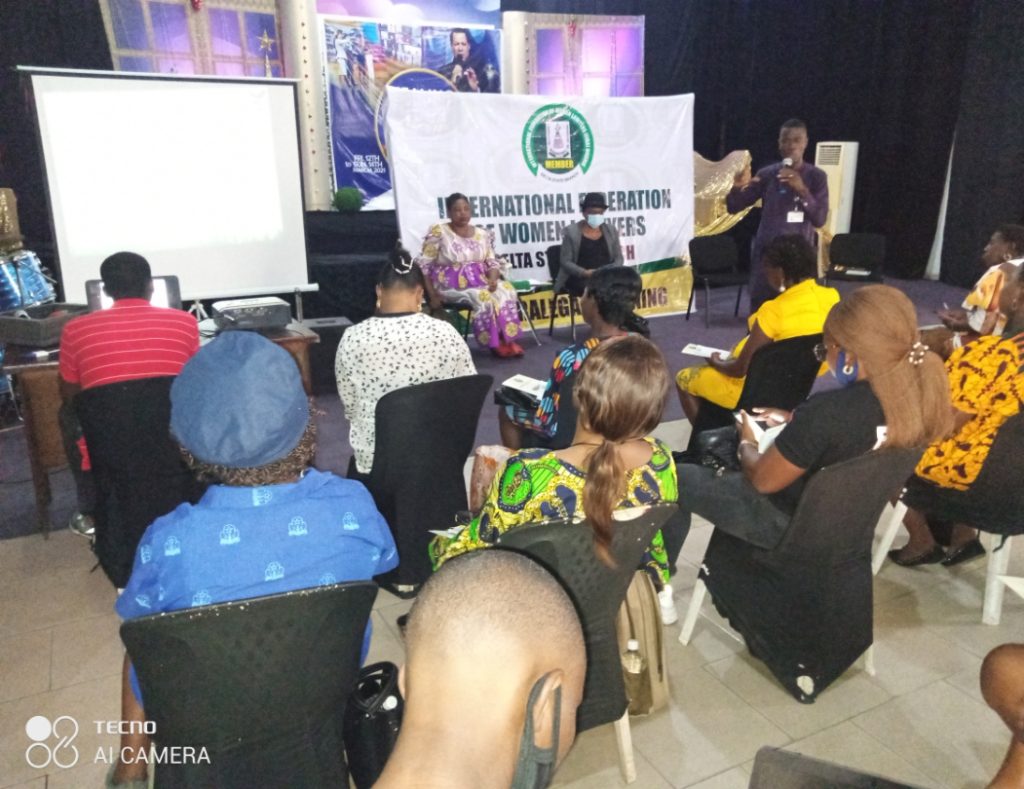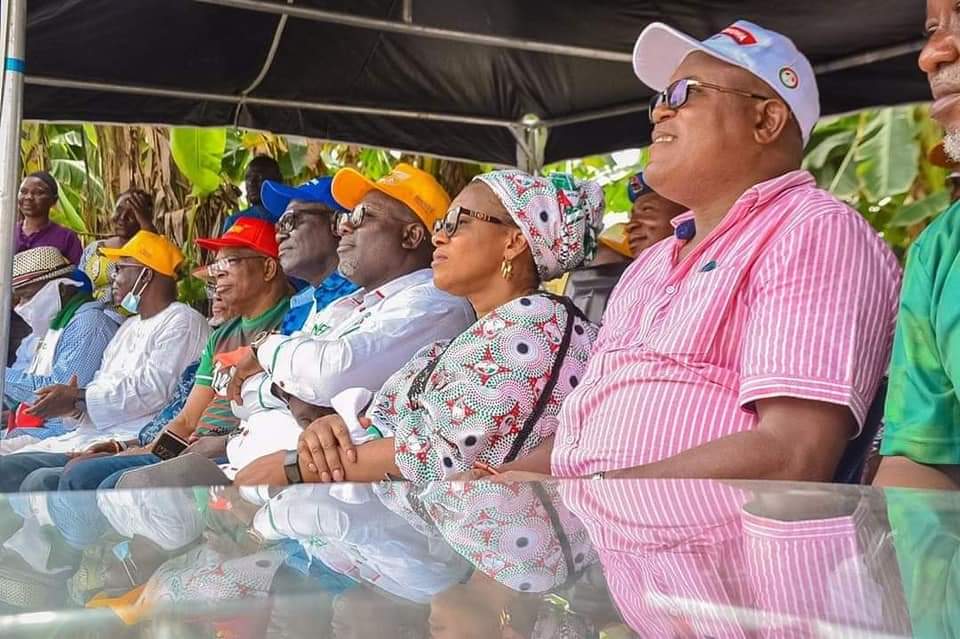News
FIDA trains paralegals on violence against women, children in Delta


By Francis Sadhere, Warri
International Federation of Women Lawyers also known as Federation Internacionale de Abogadas (FIDA) Nigeria, on Friday held a special training for paralegals on how to promote, protect and preserve the rights of women and children.
Vice Chairperson, FIDA Delta, Jessica Megbele who spoke to Journalists at the training program said one in three Nigerian women suffer at least one form of violence during their life time.
She said violence and discrimination against women had continued because there was inadequate legislation criminalizing gender based violence.
“Paralegal training is training and equipping non lawyers with the basic knowledge of law and legal procedures to enable them to enlighten their community members.
“FIDA fights for the rights of women and children, but in as much as we fight for the right of women and children, family happiness is key to family Unity. We always tell the women to always speak out because they are the ones that wear the shoe and they know where it pinches.
“It is only when you speak out and tell us where it’s paining you that we can come in.
“We always tell the women don’t hide with the pain, don’t hide with the shame. Whatever it is we are ready to listen to you and encourage you and come to your aid.
“The most important thing is to speak out and we are ready to come to your rescue at all time,” Megbele said.
One of the facilitators at the programme and Founding Executive Director of the Value Rebirth and Empowerment Initiative (VREI), talked about conflict resolution and counseling skills/community engagement.
Egedegbe who is also the Senior Special Assistance to the Deputy President of the Senate on Political matters, told newsmen on the sidelines that women and children in Nigeria have been neglected by successive government because many people don’t know their rights.
“Sensitization like this will help to change the narratives because people don’t even know that things like this even exist.
“I must say that partnership in driving the Nigerian project is the only way out. One cannot sit in Abuja and churn out policies and believe they will work. This is no longer acceptable to us,” Egedegbe said.
He urged the participants in the training to take advantage of the training and go back to their communities and replicate what they have learnt.
Another Resource person, at the training, Mrs Elizabeth Imasuen said women and children are the most vulnerable people in the society, even as they have special rights in the constitution.
Mrs Imasuen who is a retired Chief Judge, urged women to do all they can to protect their marriages but advised that divorce should be the last resort whenever there is crisis in marriages.
Speaking on Gender and Sexual Based Violence, Executive Director , Development Initiative for Community Impact (DICI), Mrs. Rachael Misan-Ruppee, said survivors of violence against women do not seek help because of “shame, fear of reprisal, lack of information and inaccessibility of services, poor response or inappropriateness of services, lack of finance, family/cultural beliefs and threat by perpetrators or partners.”



